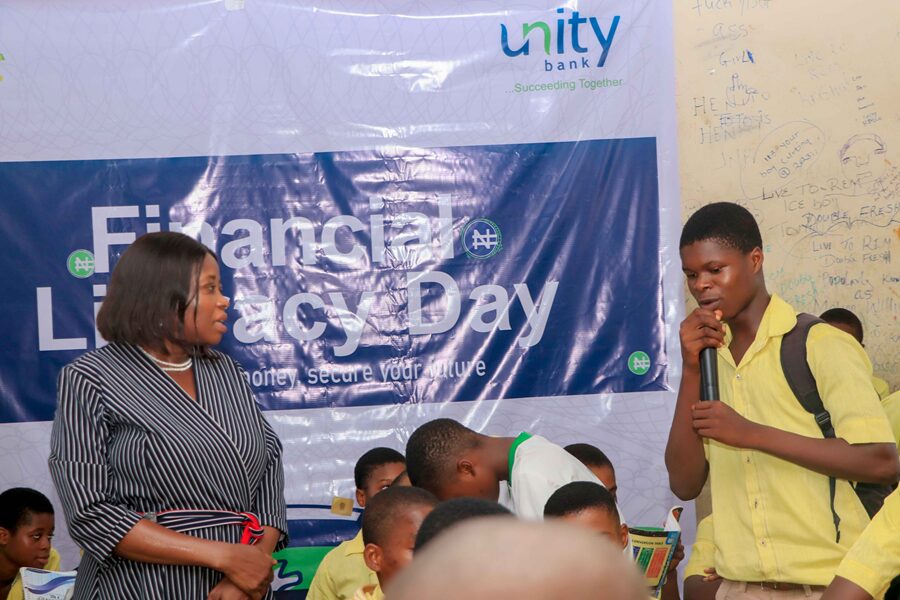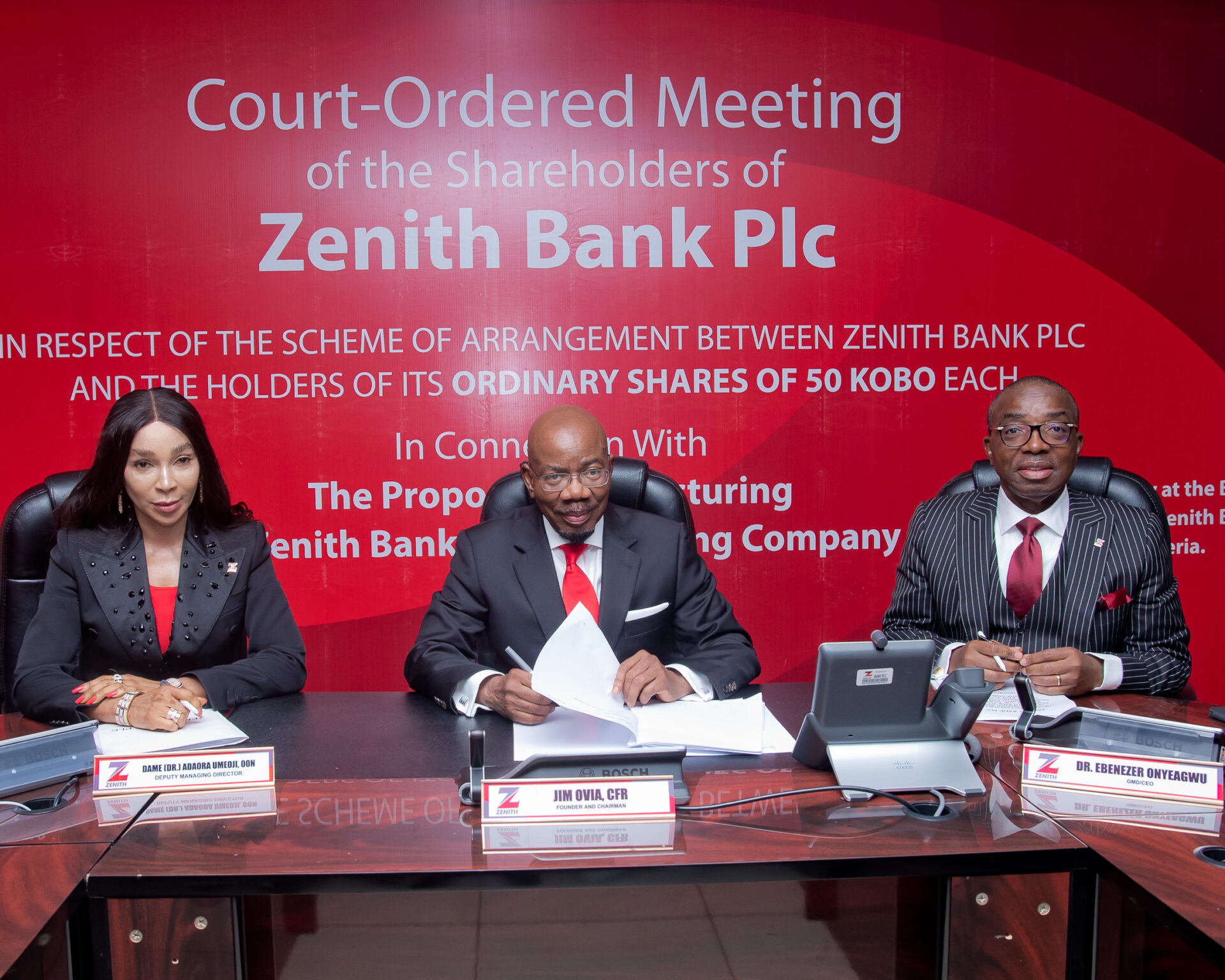- ‘Fed Govt Owes NNPC N170.6b’
The Nigerian National Petroleum Corporation (NNPC) said yesterday that the government is owing it N170.6 billion in unpaid subsidy between January 2006 and December 2015.
NNPC Group Managing Director Maikanti Baru told the Senate Investigative hearing on the N5 trillion subsidy payments from 2006 to 2016 that the figure was computed after the deduction of N4.950.80 trillion received as payments from the corporation’s N5.121.40 trillion approved subsidy claims within the period.
The Chief Financial Officer of the NNPC, who was also on the team, Mr. Isiaka AbdulRazaq, traced the advent of the subsidy regime to October, 2003 when the NNPC was directed by the government to begin the purchase of domestic crude oil at international market price without a corresponding liberalisation of the regulated price of petroleum products.
He explained that under the subsidy regime, the NNPC and other suppliers of refined petroleum products were entitled to file claims to the Petroleum Products Pricing Regulatory Agency (PPPRA).
AbdulRasaq, however, noted that unlike other oil marketers, the NNPC did not receive cash payment for subsidy claims as its subsidy claims were deducted out of cost payment to the Federation Account after due certification by PPPRA.
He said:‘’In summary, the NNPC submits that the amount of over N5.1 trillion was duly approved by PPPRA as subsidy claims for NNPC. Out of this sum, NNPC is still being owed N170.6 billion.’’
The corporation asked the Senate Committee to assist in ensuring that the outstanding debt was settled to enable NNPC effectively achieve its obligation as the supplier of last resort to the downstream sector.
Committee Chairman Senator Kabiru Marafa pledged to support stakeholders in the sector to ensure uninterrupted supply and distribution of petroleum products.
Inaugurating the hearing, Senate President Bukola Saraki said the fuel subsidy scheme designed for the benefit of poor Nigerians had become a cash cow of a few who continued to milk the country dry in trillions of naira.
Saraki said the fraudulent activities of the fuel subsidy cabal had continued to be perpetrated under a process insulated from public scrutiny.
He noted that the Federal Government had failed to curb fraudulent practices associated with fuel subsidy.
He said the Senate was working to unearth the subhead under which fuel subsidy had continued to be funded without budgetary provision.
The hearing followed a resolution which mandated the Senate Committee on Petroleum (Downstream) to probe subsidy payment by the NNPC.
Saraki said: “For years, our country has been plagued with the issue of fuel subsidy and, for too long, a scheme designed to reduce the burden on the poor has become the cash cow of a few who continue to milk the country dry in trillions under a process so opaque and insulated from public scrutiny called fuel subsidy.
“You would recall that it was only after my motion on the 5th of March 2012, with the support of my colleagues in the 7thSenate and after a thorough review and investigation of the scheme we unearthed the monumental fraud bigger than our capital budget for a year going on in the name of fuel subsidy. Five years down the line, we are back on the same matter. This is not acceptable and we are determined to get to the bottom of it.
“The mere fact that we are here again today to discuss this issue shows that those who benefit from this grand deception are not willing to let loose and government has not done what we need to do to nip this problem in the bud.”
He spoke of how the Senate cut short the committee members’ end of year recess to investigate the resurfacing of queues at pump stations.
Said Saraki: “The findings of the committee have brought to light the fact that our downstream oil and gas industry needs critical reforms. It has exposed among other things that in spite of the stoppage of the fuel subsidy regime, and the non-appropriation of funds for the scheme due to the fraud and maladministration going on in the scheme, that fuel subsidy payments continue to be paid from our commonwealth illegally and without appropriation by the National Assembly to a few quietly in order to dodge scrutiny and avoid exposure.
“But this 8thSenate is here to expose every corruption in the system, irrespective of how highly placed those involved are and therefore the reason for this public hearing today.
“This unconstitutional and illegal practice must be addressed and we are not going to rest until it is fully addressed.
“It is the duty of this committee to get to the bottom of this issue and proffer long lasting solutions to this racketeering in the fuel market that leaves the Nigerian people poorer every year.”
He raised other questions for the committee, saying: “What is the actual quantity of fuel the Nigerian market consumes? What are the underlining reasons why the market is struggling to operate without government intervention. In other words why the reoccurring scarcity? Third and equally crucial is the process and all those involved in signing out unbudgeted funds outside the budget passed by the National Assembly.
“This hearing today spotlights the importance of the recently passed Petroleum Industry Governance Bill (PIGB), which after many years and several obstacles faced, has been passed by the Senate and the House of Representatives for the first time in 17 years and is ready for the assent of Mr. President.
“It is our belief that this piece of legislation, if implemented to the letter, has the potential of eliminating the present distortions in the system and sanitise the governance of the oil and gas industry of corruption and the rot in the system.
“It will introduce the market competition that would bring efficiency to the system. It is our hope that this will set the tone for the necessary institutional reform required to clean this all-important industry of opacity and maladministration.”


 Forex4 weeks ago
Forex4 weeks ago
 Naira3 weeks ago
Naira3 weeks ago
 Billionaire Watch3 weeks ago
Billionaire Watch3 weeks ago



 Naira3 weeks ago
Naira3 weeks ago






 Naira3 weeks ago
Naira3 weeks ago




 Naira2 weeks ago
Naira2 weeks ago






 Naira2 weeks ago
Naira2 weeks ago




 Naira4 weeks ago
Naira4 weeks ago























